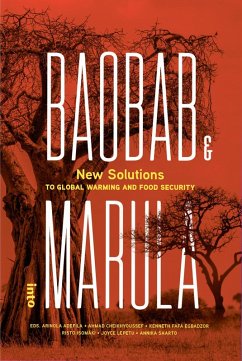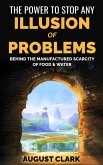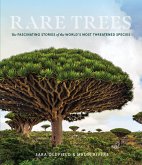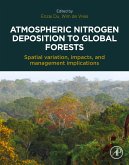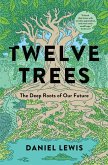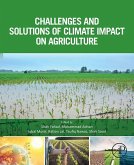Baobab and marula could be grown sparsely on vast areas without changing the existing land-use patterns. They can become large trees in arid conditions, where nothing else grows well. They cannot burn in a forest fire. They produce large amounts of popular and nutritious food, that is already being used in numerous health-benefitting products. Dried marula stones have higher heat value than coal.
In the articles of Baobab & Marula some of the world's leading baobab and marula researchers outline what new science has revealed about the nutritional and health impacts of products based on these two trees. They provide an outlook on the vast cultural significance of the two species an assess their global economic potential. They highlight what should urgently be done to conserve their genetic diversity.
The book also argues for domestication of the two species. African continent is immensely rich in biodiversity, but even the most promising African plants have often been neglected by plant breeders. The best-known exception is the African oil palm which is already producing almost 40 per cent of the world's food oil, using nine times less land than competing oil crops. Domestication of baobab and marula might achieve equally impressive results.
Baobab & Marula has been compiled by the Baorula Network, a coalition of scientists and activists promoting neglected African tree species as an important partial solution to the world's most pressing problems.
Dieser Download kann aus rechtlichen Gründen nur mit Rechnungsadresse in A, B, CY, CZ, D, DK, EW, E, FIN, F, GR, H, IRL, I, LT, L, LR, M, NL, PL, P, R, S, SLO, SK ausgeliefert werden.

